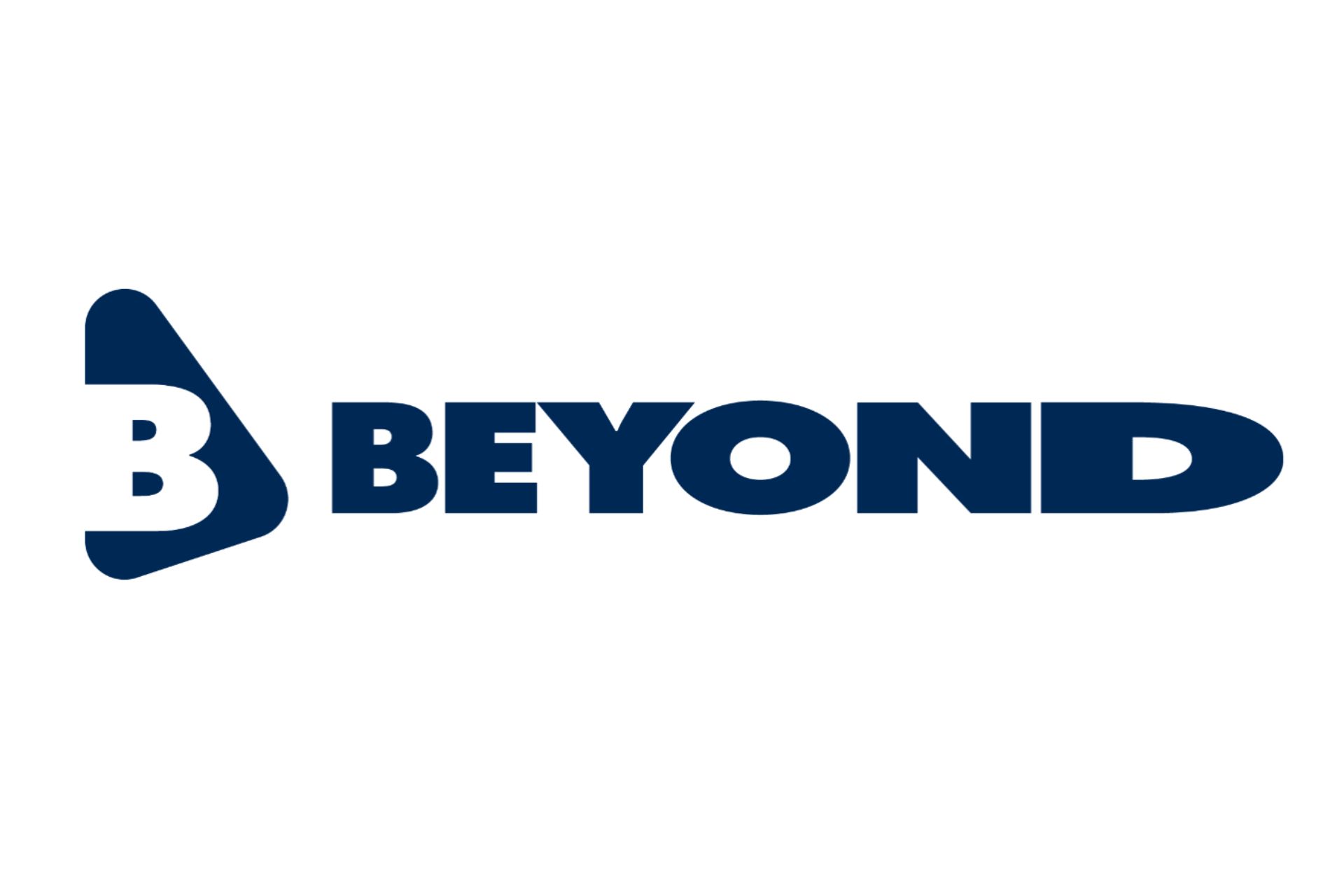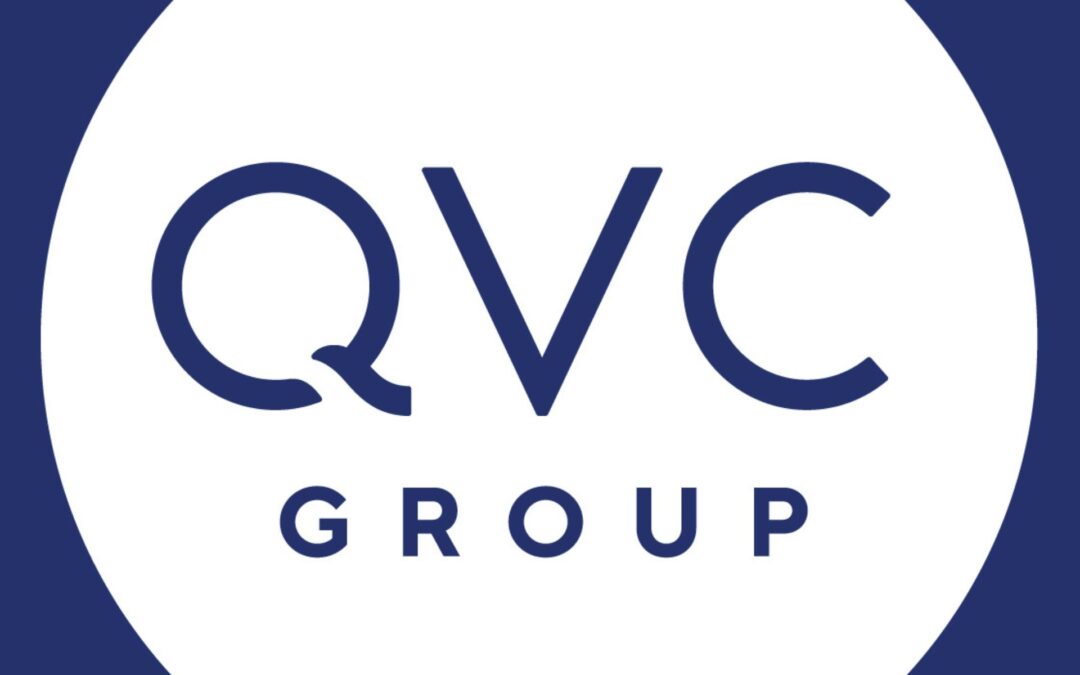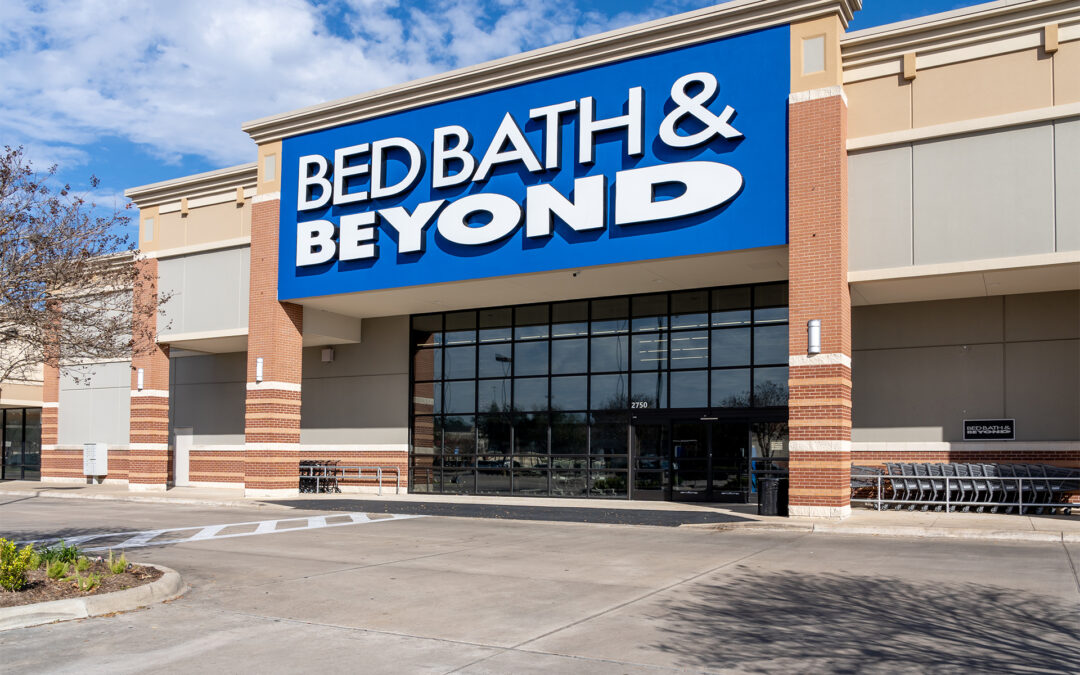A day after announcing executive changes, Beyond posted a loss larger than an analyst estimate on revenues exceeding the forecast as new leadership noted the company continues a strategic review of non-core operations.
Net loss was $161 million, or $3.55 per diluted share, versus a net loss of $15.5 million, or 34 cents per share, in the year-prior quarter. Adjusted for one-time events, net loss was $55.4 million, or $1.22 per share, in the year-earlier period, the company reported. A year earlier, while still operating as Overstock, the company posted an adjusted net loss of $2 million, or four cents per diluted share.
A fourth-quarter analyst consensus estimate from Zacks Investment Research pegged Beyond’s adjusted diluted net loss at 71 cents per share. However, revenues topped a Zacks estimate by 12.05%.
Net revenue was $384.5 million versus $404.9 million in the year-before quarter. Operating loss was $64.6 million versus an operating loss of $2.6 million in the year-previous period.
Beyond pointed out that its active customer file reached 5.6 million in the quarter, an increase of 9% year-over-year.
For the full fiscal year, net loss was $307.8 million, or $6.81 per diluted share, versus a net loss of $35.2 million, or 83 cents per diluted share, in the year prior. Adjusted net loss was $88.3 million, or $1.95 per diluted share, versus earnings of $22.9 million, or 52 cents per diluted share, in the year-past period.
The year before, net revenue was $1.56 billion versus $1.93 billion. Operating loss was $118.1 million versus operating income of $27 million in the year previous.
Marcus Lemonis, who became Beyond executive chairman of the board in the recent executive restructuring, said in a conference call that the company would have a singular purpose, to unlock the home’s potential for both owners and renters, giving Beyond a chance to expand the lifetime value of each customer and, so, drive growth and profitability. In developing an affinity model, providing both products and services that grow the lifetime value, Beyond will focus on expanding and growing the core business starting by generating revenue there and delivering better margins.
He said Beyond’s main goal this year is to achieve $2 billion in sales while sequentially improving margins. In combination with material SG&A reductions, Beyond’s initiatives should produce a profitable run rate by year-end 2024.
Lemonis also addressed Beyond’s blockchain business, its Medici portfolio, and speculation that, as part of the review of non-core assets, changes might be made in that operation. Since April 2021, Medici has been managed under a limited partnership agreement with Pelion Ventures. The partnership came with an annual management fee in addition to upside deal economics in exchange for them handling the Medici companies and building value. Lemonis said that, although the prospects for a few of the Medici companies are exciting, the overall portfolio performance has not lived up to expectations, so Beyond will increase communication with the respective companies and work more closely with Pelion to modify the relationship in a way that unlocks value and holds parties accountable.
In announcing the financial results, Lemonis said,“Over the last 75 days into my tenure, we have made substantial progress laying the foundation for a high growth, differentiated business model with high customer affinity. Active customers returned to year-over-year growth for the first time in three years, with over 700,000 customers added to our customer file. Our mandate is to grow our customer file, provide a service level that improves retention and minimizes customer returns. We believe that mandate will result in improved margins and profitability through Beyond.com and our core business. It is our goal to achieve $2 billion in revenue in 2024 and a $3 billion revenue run rate by the end of 2025. This projected revenue improvement, coupled with improved margins and a reduced expense structure, provides a clear path to profitability.”
Still, Adrianne Lee, chief financial and administrative officer, expressed some disappointment with the latest financial results.
“As a team, we are dissatisfied with the Q4 results and have taken steps to grow revenue, improve margins, and reduce our fixed costs,” she said. “In December, we announced $25 million of annualized cost reductions. Since that time, we have increased our target to $45 million of annualized expense reduction, freeing up capital to exclusively invest in growth.”
Dave Nielsen, CEO of the soon-to-be revived Overstock business, said, “Planned investments to support the Bed Bath & Beyond brand launch and reignite our customer file are delivering results. We have accelerated customer acquisition during the quarter, driving a vast improvement in our revenue performance. While we spent the back half of the year launching Bed Bath & Beyond, we’ve simultaneously laid the groundwork to reignite Overstock by the end of the first quarter. We believe the combination of these two anchor brands will contribute to achieving our revenue goals.”
Chandra Holt, newly appointed CEO of the Bed Bath & Beyond business and its related brands, added, “I joined the company because I’m passionate about Bed Bath & Beyond and am driven to reestablish its category dominance. We have significant opportunities ahead of us with our robust portfolio of brands. It is my goal to have Bed Bath & Beyond be a leader in unified commerce, win on home-related assortments and provide unprecedented value for our customers. I look forward to leading the charge in positioning the business for growth and interacting with the investment community.”





